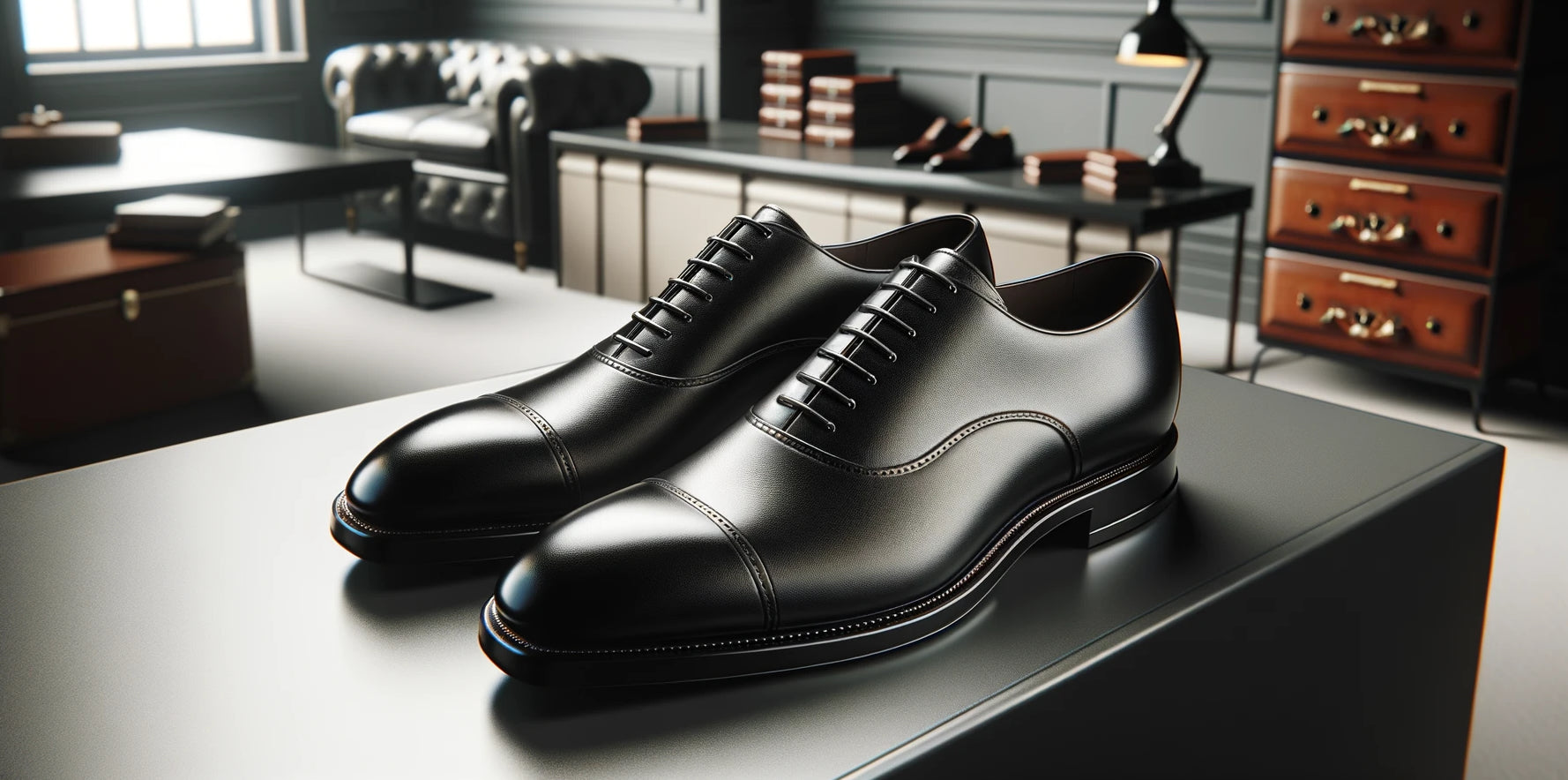
Are Bespoke Shoes Worth It?
When it comes to personal style, few things make a statement as effectively as footwear. Shoes are not just a practical necessity; they are a critical component of an individual's style and image. Among the myriad options available, bespoke shoes represent the pinnacle of craftsmanship, luxury, and personalization. But the question remains: are bespoke shoes worth it? This blog post delves deep into the world of bespoke footwear to help you determine if this high-end option is the right fit for you.
What Are Bespoke Shoes?
Before we can assess their value, it’s essential to understand what bespoke shoes are. The term "bespoke" originates from the English word "bespeak," meaning "to speak for something." In the context of footwear, it refers to shoes that are custom-made to fit an individual's feet precisely, based on specific measurements and design preferences.
Bespoke shoes are different from ready-to-wear (RTW) and made-to-measure (MTM) shoes in several key ways:
- Personalization: Every aspect of bespoke shoes is customizable, from the shape and size to the materials, colors, and design details.
- Craftsmanship: These shoes are handcrafted by skilled artisans, often taking several weeks or even months to complete.
- Fit: A bespoke shoe is made from a last (a model of the foot) that is tailored to the customer's exact measurements, ensuring an unparalleled fit.
The History of Bespoke Shoemaking
The art of bespoke shoemaking has a rich and storied history, tracing back centuries. In the early days, shoes were handcrafted by cobblers, who played a crucial role in their communities. Each pair of shoes was made to order, ensuring a perfect fit for the wearer. Over time, as industrialization took hold, mass-produced footwear became more common, but the tradition of bespoke shoemaking persisted among connoisseurs of fine craftsmanship.
In the 19th and early 20th centuries, London's Savile Row became synonymous with bespoke tailoring, and many of the principles applied to clothing also extended to shoes. Renowned shoemakers such as John Lobb and George Cleverley established themselves as leaders in bespoke footwear, serving royalty, celebrities, and discerning clients worldwide. Today, the tradition of bespoke shoemaking continues to thrive, blending time-honored techniques with modern innovations.
The Process of Making Bespoke Shoes
Creating a pair of bespoke shoes is a meticulous and time-consuming process that involves several stages:
-
Foot shape acquisition: during this stage, detailed information about each foot is obtained for the shoemaker to make bespoke lasts for the client.
-
Last Creation: Based on these measurements, a bespoke last is carved. This wooden or plastic model serves as the foundation for constructing the shoe.
The last is a critical component in the bespoke process, as it dictates the shape and fit of the final product. Skilled artisans spend hours shaping and refining the last to ensure it accurately represents the client's foot. In some cases, the client may have multiple lasts created for different types of shoes, such as dress shoes, casual shoes, and boots.
-
Design Selection: The client chooses the design, materials, and any additional features they want. This step offers complete creative freedom, from selecting the type of leather to the style of stitching and the color of the laces.
This stage is where the client's personality and style preferences shine. The shoemaker may provide samples of different leathers, including exotic options such as alligator, ostrich, or stingray. Clients can also choose the type of construction, such as Goodyear welted, Blake stitched, or Norwegian welt, each offering different benefits in terms of durability and flexibility.
-
Final Construction: Once the fit is perfect, the final shoe is constructed using the chosen materials. This involves cutting the leather, sewing, lasting (shaping the leather around the last), and adding the soles and any final details.
The construction phase is where the shoemaker's craftsmanship truly shines. Each piece of leather is carefully cut and stitched by hand, with attention to detail at every step. The shoemaker may use traditional techniques such as hand welting and hand stitching, which are time-consuming but result in a superior product.
-
Finishing Touches: The shoes undergo a final inspection, polishing, and any necessary refinements before they are ready for the client.
The finishing touches include adding the soles, heels, and any additional embellishments. The shoes are then polished to a high shine, showcasing the beauty of the leather and the craftsmanship. The final product is a pair of shoes that are not only functional but also a work of art.
The Benefits of Bespoke Shoes
1. Perfect Fit
One of the most compelling reasons to invest in bespoke shoes is the fit. Unlike mass-produced shoes, which are made to fit a broad range of foot shapes and sizes, bespoke shoes are crafted to fit your feet precisely. This not only ensures comfort but can also help alleviate foot problems and prevent issues such as blisters, calluses, and bunions.
For individuals with unique foot shapes or conditions such as flat feet, high arches, or bunions, bespoke shoes offer a level of customization that can address these issues effectively. The precise fit can also improve posture and reduce fatigue, making bespoke shoes an excellent choice for those who spend long hours on their feet.
2. Quality and Craftsmanship
Bespoke shoes are synonymous with exceptional quality. They are made using the finest materials and traditional shoemaking techniques that have been perfected over generations. This results in shoes that are not only beautiful but also durable and long-lasting.
The quality of materials used in bespoke shoes is often superior to that of mass-produced footwear. High-quality leathers, hand-stitched welts, and durable soles contribute to the longevity of bespoke shoes. With proper care and maintenance, a well-made pair of bespoke shoes can last for decades, making them a worthwhile investment.
3. Personalization
With bespoke shoes, you have the freedom to design a pair of shoes that perfectly matches your style and needs. From the type of leather and the color to the shape of the toe and the style of the heel, every detail can be customized. This level of personalization is simply not possible with off-the-shelf shoes.
Clients can choose from a wide range of customization options, including unique patinas, monograms, and bespoke linings. This allows for the creation of truly one-of-a-kind shoes that reflect the wearer's personality and taste. Whether you prefer classic elegance or bold, avant-garde designs, bespoke shoes offer endless possibilities.
4. Exclusivity
Owning a pair of bespoke shoes is a unique experience. Each pair is a one-of-a-kind creation, reflecting your personal taste and the skill of the artisan. This exclusivity is a significant draw for many people, particularly those who appreciate fine craftsmanship and luxury.
Bespoke shoes often carry a sense of heritage and tradition, with many shoemakers having a long history and a prestigious clientele. Wearing bespoke shoes can be seen as a mark of distinction, signaling an appreciation for quality and a discerning sense of style.
5. Longevity
While bespoke shoes are a significant investment, they can actually be more cost-effective in the long run. High-quality materials and construction mean that these shoes can last for decades with proper care. Additionally, many bespoke shoemakers offer repair and refurbishment services, further extending the life of your shoes.
The ability to repair and refurbish bespoke shoes is a key advantage. Unlike mass-produced shoes, which are often discarded when they wear out, bespoke shoes can be resoled, re-heeled, and restored to their original condition. This sustainable approach reduces waste and ensures that your investment continues to provide value for years to come.
The Cost of Bespoke Shoes
There is no denying that bespoke shoes come with a hefty price tag. Prices can range from a few thousand dollars to upwards of $10,000 or more, depending on the complexity of the design and the materials used. For many, this is the biggest barrier to entry.
However, it’s important to consider the value of what you’re getting. The cost of bespoke shoes reflects not only the materials and craftsmanship but also the time and expertise involved in creating a pair of shoes that are uniquely yours. When viewed in this light, the price can be seen as an investment in quality, comfort, and individuality.
To put the cost into perspective, consider the long-term value of bespoke shoes. A well-made pair can last decades, reducing the need for frequent replacements. Additionally, the superior fit and comfort can improve your overall well-being, making the investment worthwhile.
Are Bespoke Shoes Worth the Investment?
To determine whether bespoke shoes are worth it, you need to consider several factors:
1. Your Lifestyle and Needs
If you have a demanding lifestyle that requires you to be on your feet for extended periods, or if you have specific foot issues that make finding comfortable shoes difficult, bespoke shoes can be a game-changer. The perfect fit and superior comfort can significantly enhance your quality of life.
Professionals who spend long hours standing or walking, such as doctors, chefs, and salespeople, can greatly benefit from bespoke shoes. The custom fit can reduce foot fatigue and prevent discomfort, allowing them to focus on their work without distraction.
2. Appreciation for Craftsmanship
For those who value artistry and craftsmanship, bespoke shoes represent the pinnacle of both. The knowledge that your shoes were made specifically for you, by skilled artisans using traditional techniques, can be incredibly satisfying.
Owning bespoke shoes can be a source of pride, knowing that each pair is a testament to the skill and dedication of the shoemaker. The intricate details and fine finishing touches are a constant reminder of the craftsmanship involved.
3. Fashion and Personal Style
If fashion and personal style are important to you, bespoke shoes offer a level of customization that is unmatched. Whether you’re looking for something classic and timeless or bold and avant-garde, bespoke shoes allow you to express your individuality in a way that off-the-shelf shoes cannot.
Bespoke shoes can be designed to complement your wardrobe perfectly, ensuring that you always look your best. The ability to choose every detail means that your shoes can be as unique and distinctive as you are.
4. Long-Term Value
While the initial cost of bespoke shoes is high, their longevity can make them a cost-effective choice in the long run. When you factor in the durability, repairability, and the pleasure of wearing something unique, the investment can be justified.
Bespoke shoes are not only an investment in your appearance but also in your comfort and health. The custom fit can prevent foot problems and improve your posture, providing long-term benefits that go beyond aesthetics.
5. Budget
Ultimately, the decision comes down to your budget. If you have the financial means to invest in bespoke shoes without compromising other areas of your life, they can be a worthwhile indulgence. However, if the cost is prohibitive, there are other high-quality options available, such as made-to-measure or premium ready-to-wear shoes.
It's important to assess your priorities and determine whether bespoke shoes align with your financial goals. For some, the investment in bespoke footwear is a once-in-a-lifetime experience, while others may choose to allocate their budget differently.
Alternatives to Bespoke Shoes
If bespoke shoes are beyond your budget, there are several alternatives that offer many of the benefits at a lower cost:
1. Made-to-Measure (MTM)
MTM shoes are a step between RTW and bespoke. They are made using a standard last that is adjusted to fit your measurements. While not as customizable as bespoke shoes, MTM offers a better fit than RTW and some level of personalization.
MTM shoes provide a balance between customization and affordability. They allow for adjustments to the fit and some degree of design personalization, making them a suitable option for those who want a tailored experience without the high cost of bespoke.
2. High-Quality Ready-to-Wear (RTW)
Many high-end brands offer RTW shoes made from premium materials and with excellent craftsmanship. While they don’t offer the same level of fit and personalization as bespoke, they can still provide a comfortable and stylish option.
Premium RTW shoes often feature high-quality leathers, hand-finished details, and superior construction techniques. Brands such as Alden, Edward Green, and Crockett & Jones are known for their exceptional RTW offerings, providing a high standard of quality at a more accessible price point.
3. Customizable RTW
Some brands offer customizable RTW shoes, where you can choose from a range of materials, colors, and details to create a shoe that suits your style. This can be a more affordable way to get a personalized shoe without the full bespoke experience.
Customizable RTW shoes allow for a degree of personalization while still benefiting from the efficiencies of mass production. This option bridges the gap between standard RTW and bespoke, offering a unique product that reflects your style preferences.
Conclusion
In the end, whether bespoke shoes are worth it depends on your personal circumstances, needs, and values. They offer unparalleled fit, quality, and personalization, making them a compelling choice for those who can afford them. For many, the experience of owning a pair of shoes made specifically for them is worth the investment.
However, there are also excellent alternatives available that can provide many of the same benefits at a lower cost. Made-to-measure and high-quality ready-to-wear shoes are viable options that can offer a great balance of fit, quality, and affordability.
If you’re passionate about shoes and appreciate the art of shoemaking, investing in a pair of bespoke shoes can be a rewarding and worthwhile experience. But regardless of your choice, the key is to find a pair of shoes that make you feel comfortable, confident, and stylish.
In the world of footwear, as in life, it’s not just about what you wear, but how you wear it. Whether bespoke, made-to-measure, or ready-to-wear, the best shoes are the ones that make you feel your best.
Additional Considerations
When deciding whether to invest in bespoke shoes, consider the following additional factors:
1. Environmental Impact
Bespoke shoemaking is often more sustainable than mass production. The focus on quality and longevity means that bespoke shoes are less likely to end up in a landfill. Additionally, many bespoke shoemakers use environmentally friendly practices and materials, further reducing their ecological footprint.
2. Cultural Significance
Bespoke shoes carry a cultural significance that transcends fashion. They represent a commitment to preserving traditional crafts and supporting artisans who dedicate their lives to mastering their trade. By investing in bespoke shoes, you are contributing to the continuation of these cultural traditions.
3. Emotional Connection
Owning a pair of bespoke shoes can create a deep emotional connection. The process of working with a shoemaker to create something uniquely yours fosters a sense of ownership and pride. Every time you wear your bespoke shoes, you are reminded of the craftsmanship and care that went into making them.
Final Thoughts
The world of bespoke shoes is one of luxury, craftsmanship, and personalization. For those who can afford it, the experience of owning bespoke shoes is unparalleled. From the perfect fit to the exquisite materials and meticulous craftsmanship, bespoke shoes offer a level of quality and exclusivity that is hard to match.
However, it's important to consider your own needs, lifestyle, and budget before making the investment. Bespoke shoes are not for everyone, but for those who value the artistry and tradition of shoemaking, they are undoubtedly worth it.
In the end, the decision to invest in bespoke shoes is a personal one. Whether you choose bespoke, made-to-measure, or high-quality ready-to-wear, the most important thing is to find a pair of shoes that you love and that make you feel confident and comfortable. After all, great shoes are the foundation of great style.
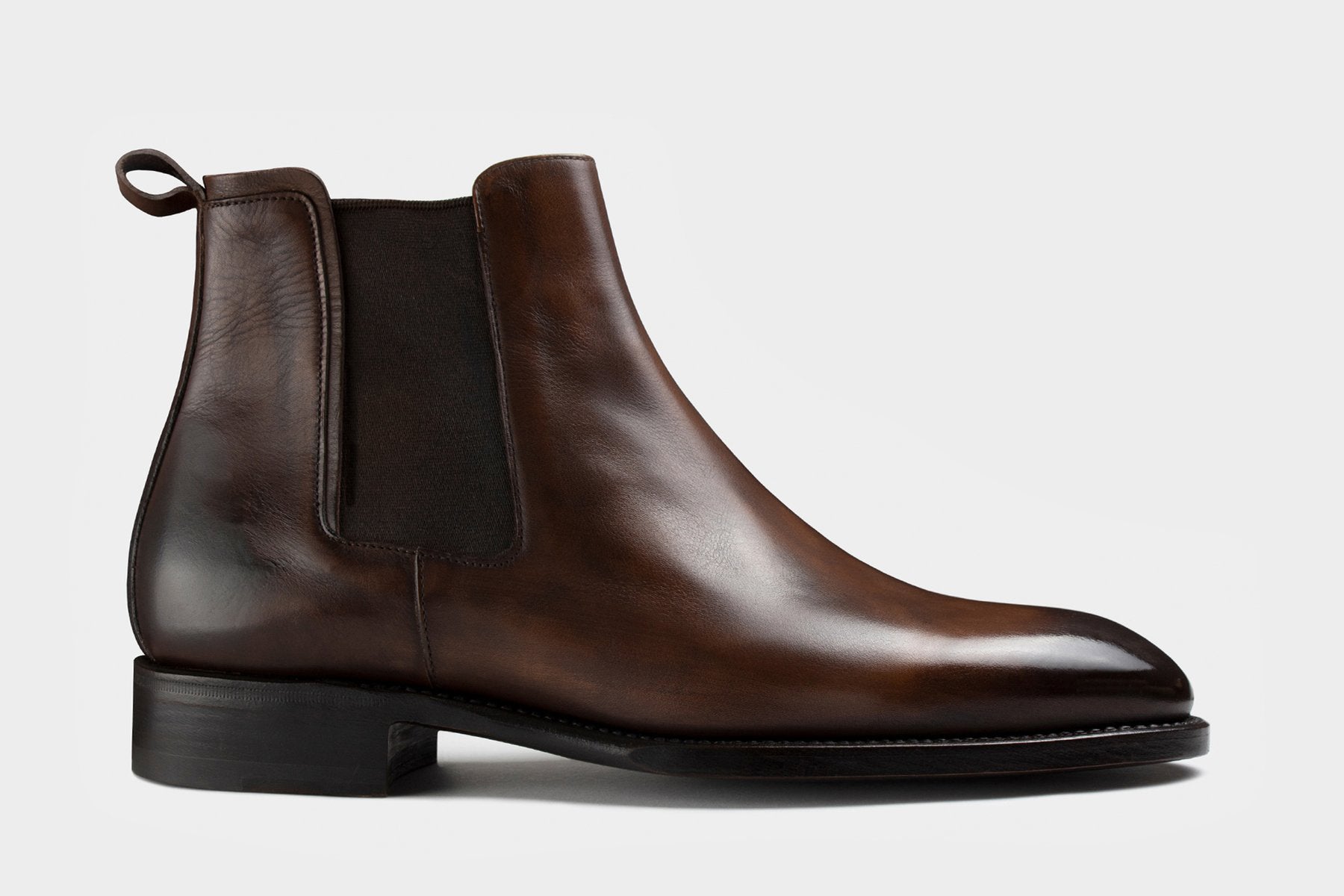
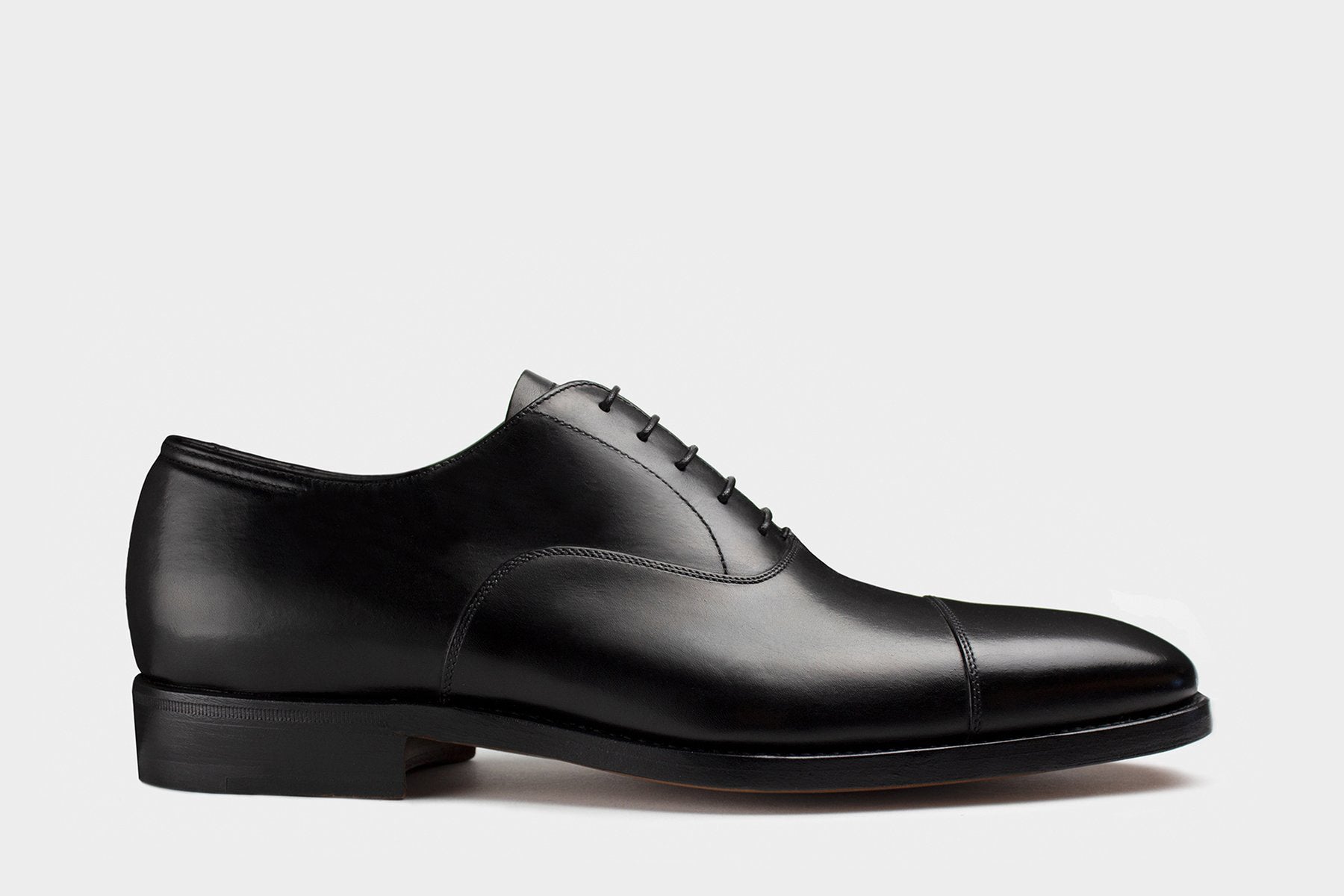
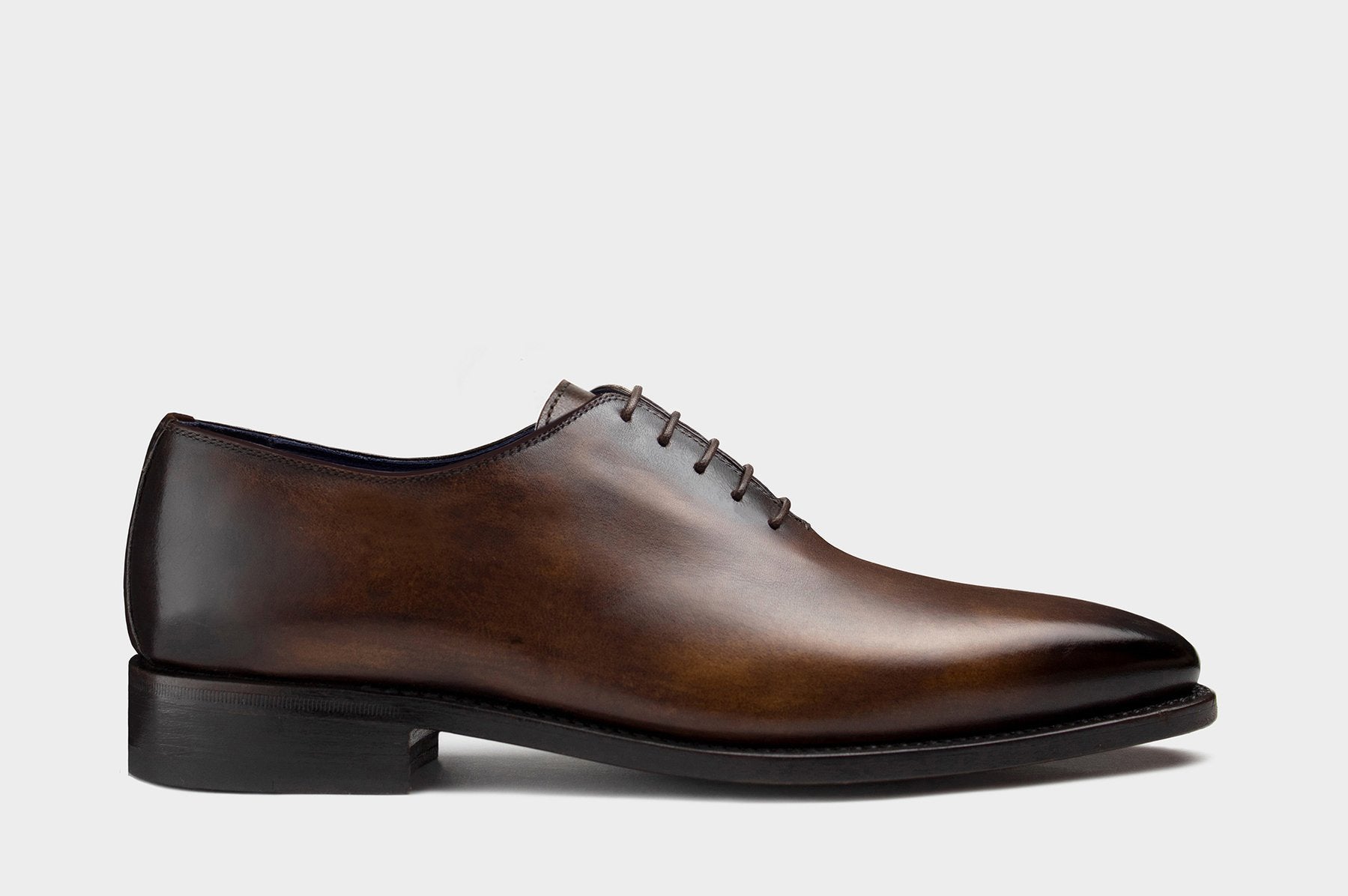
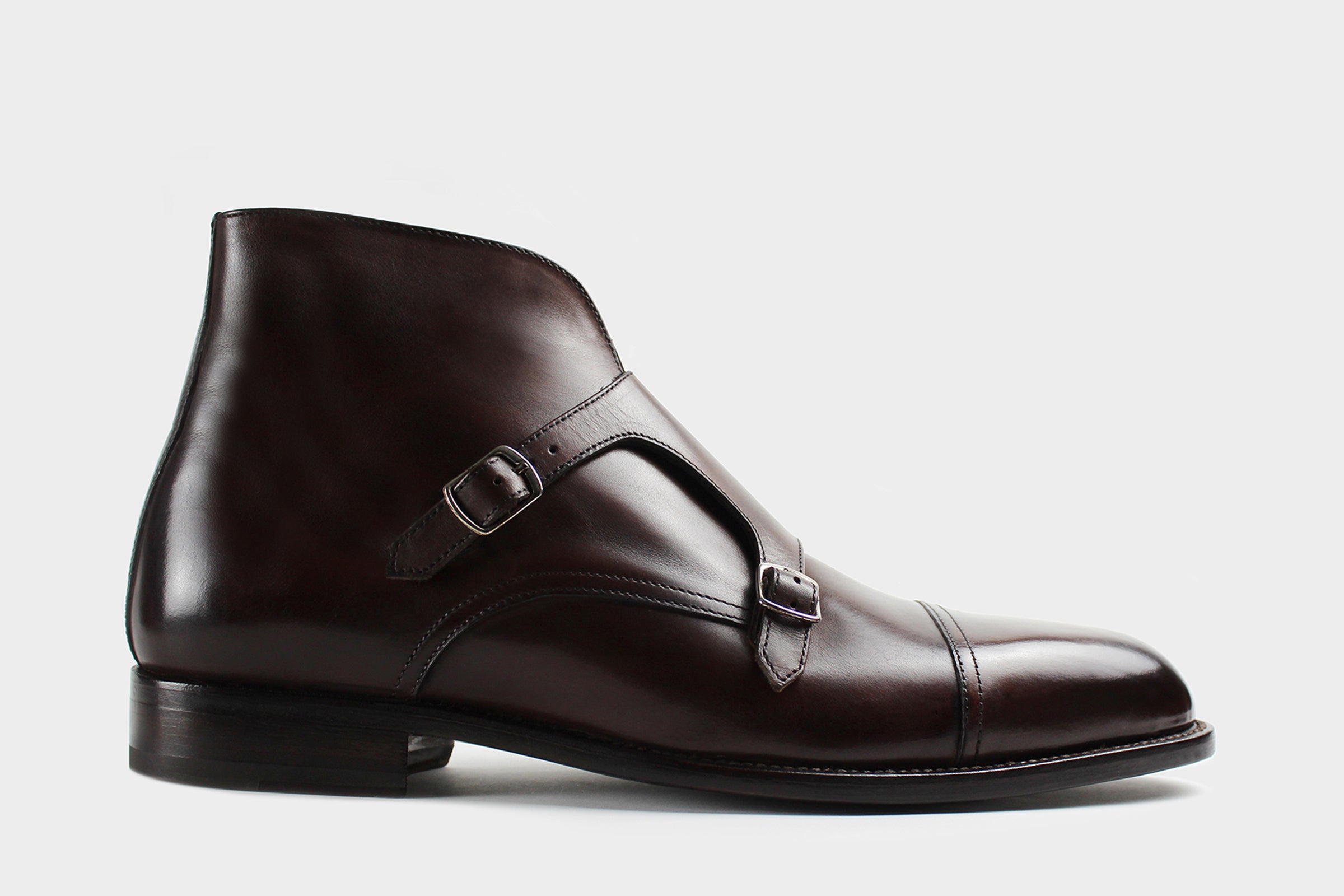
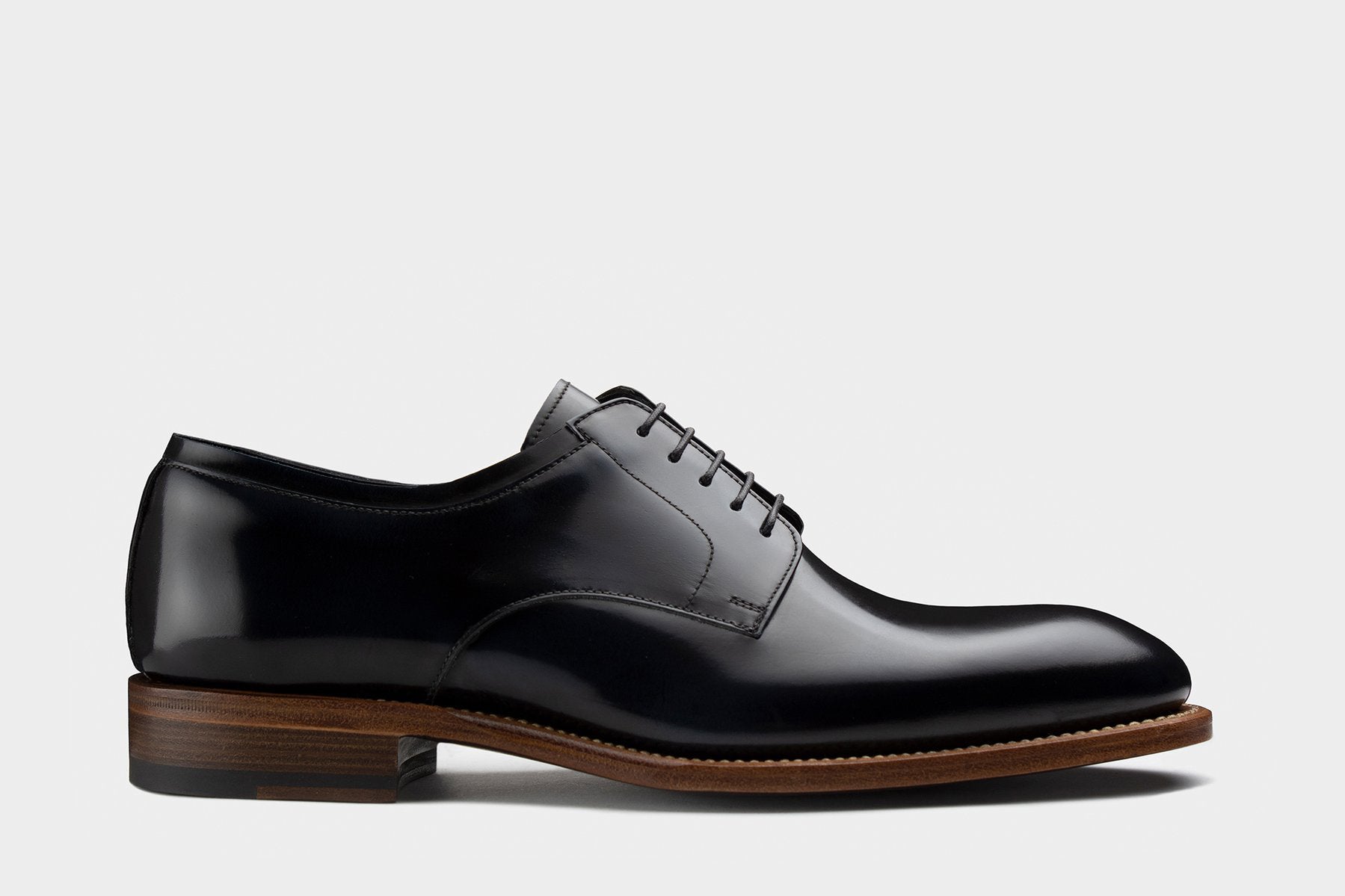
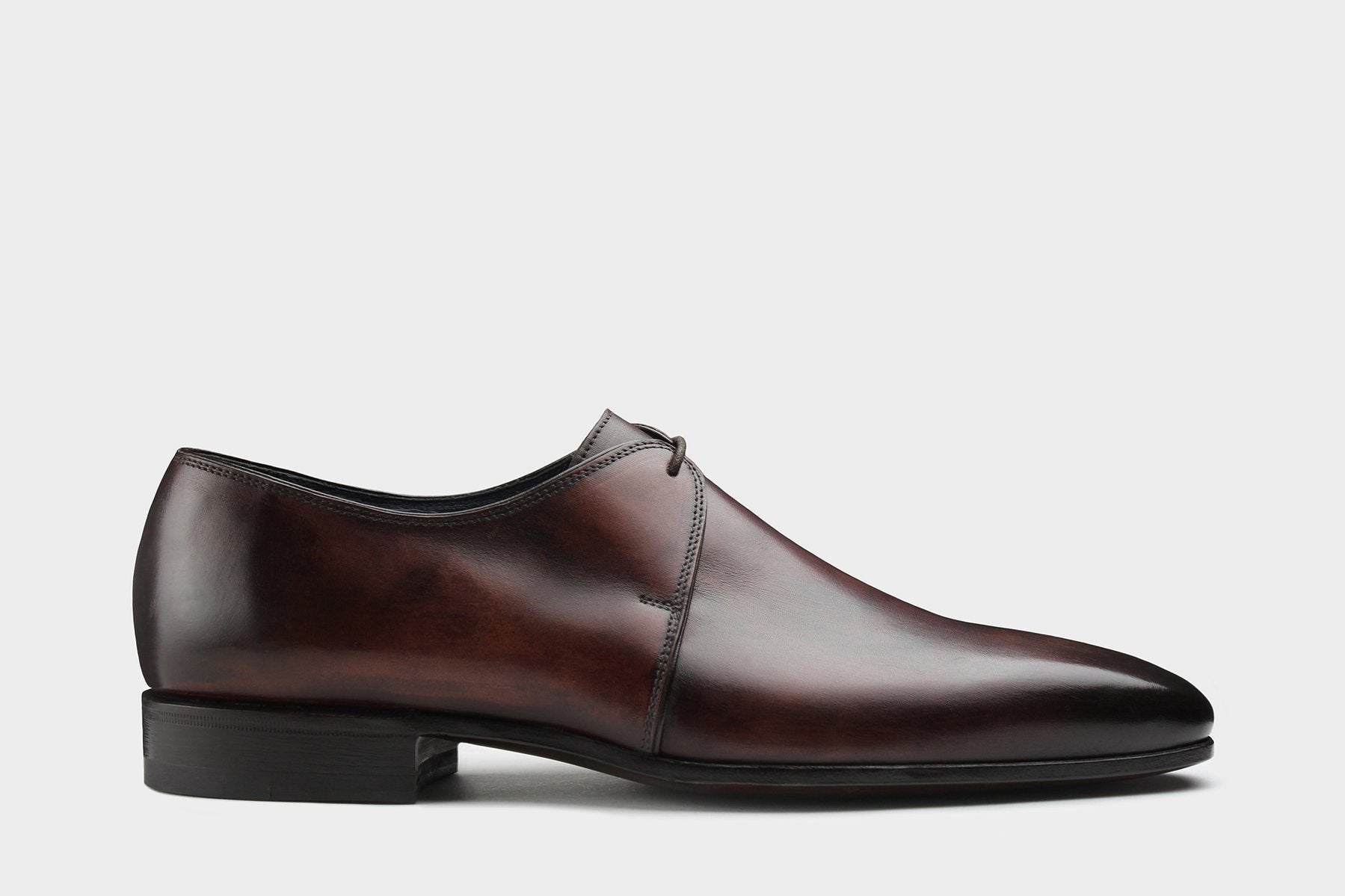
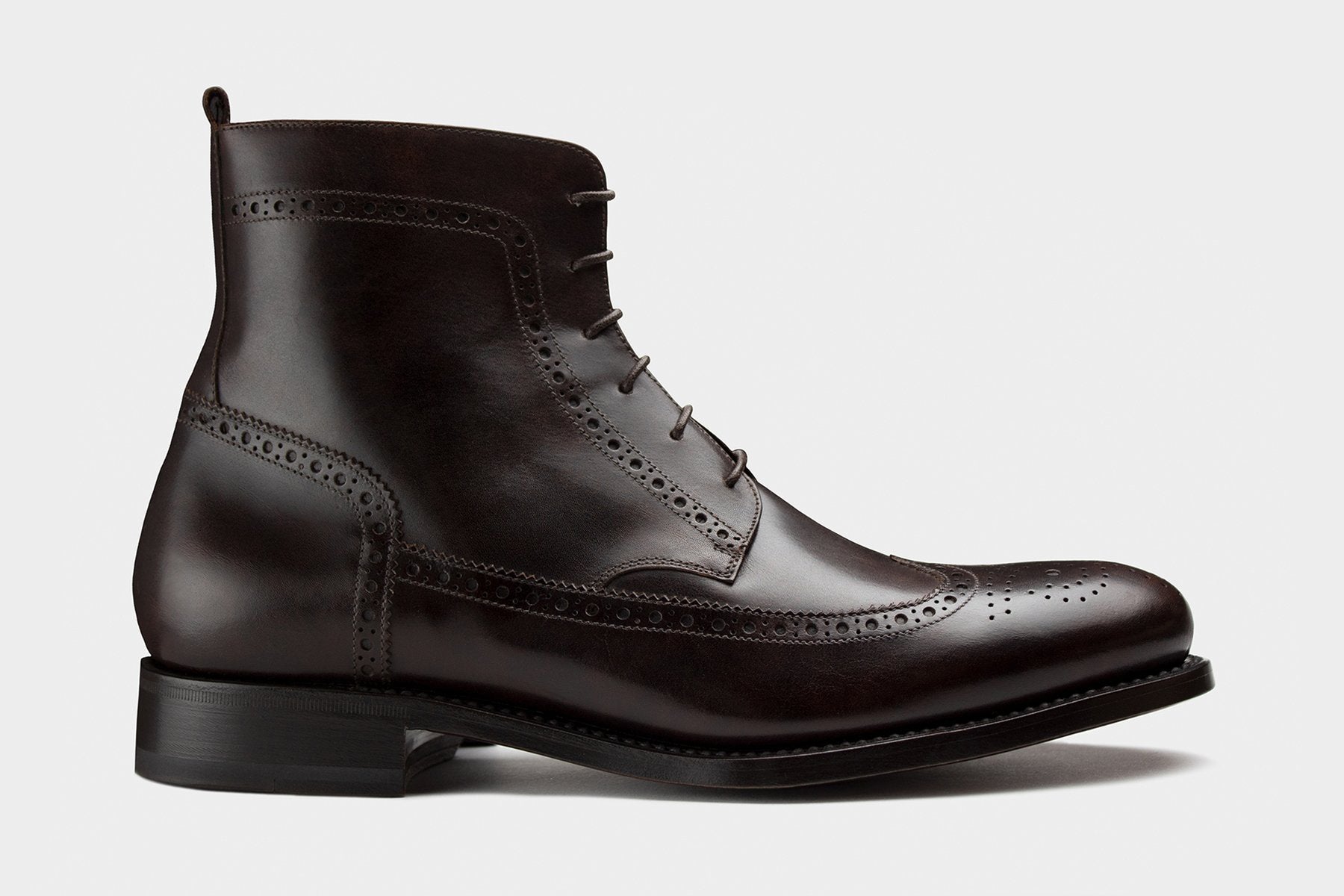
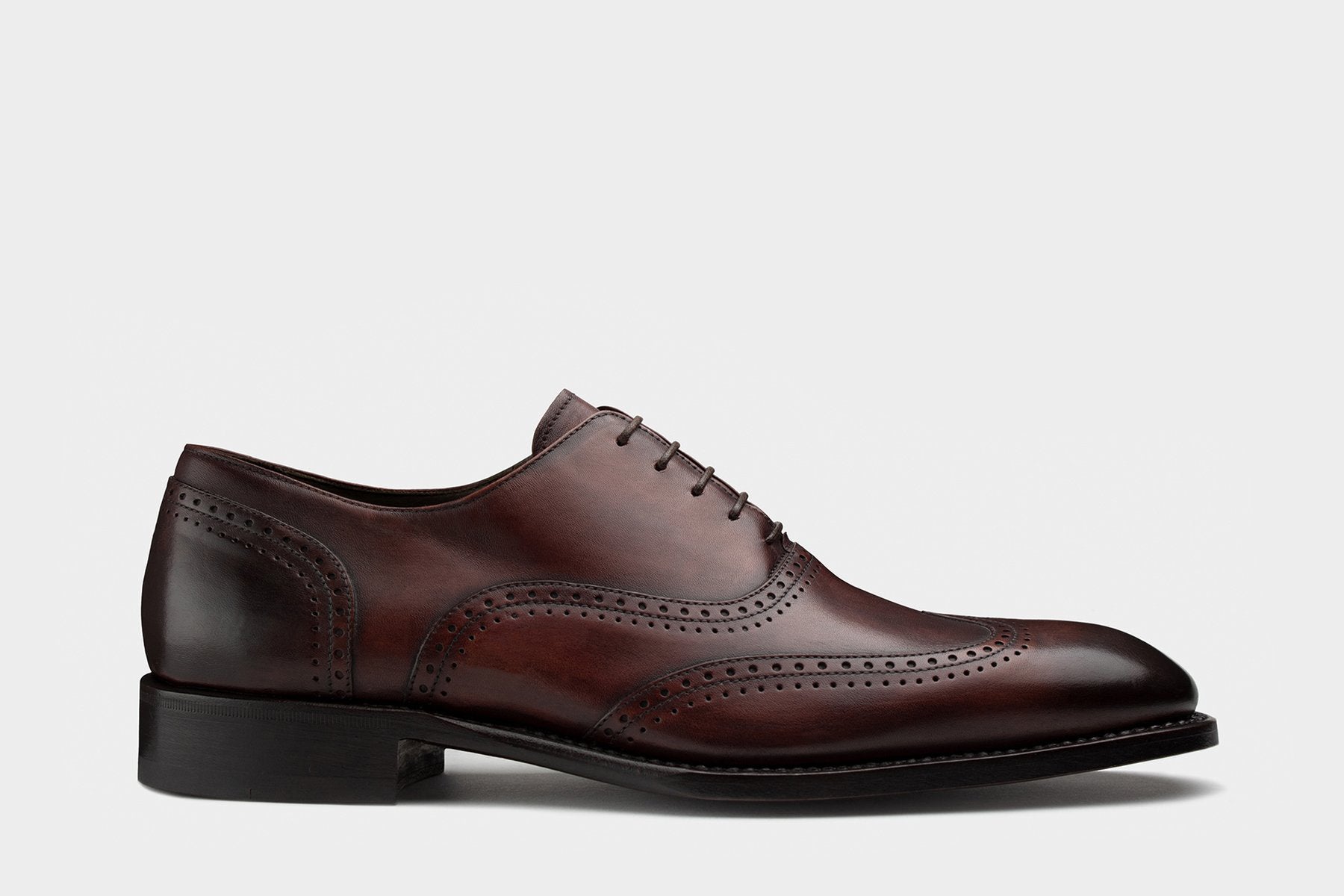
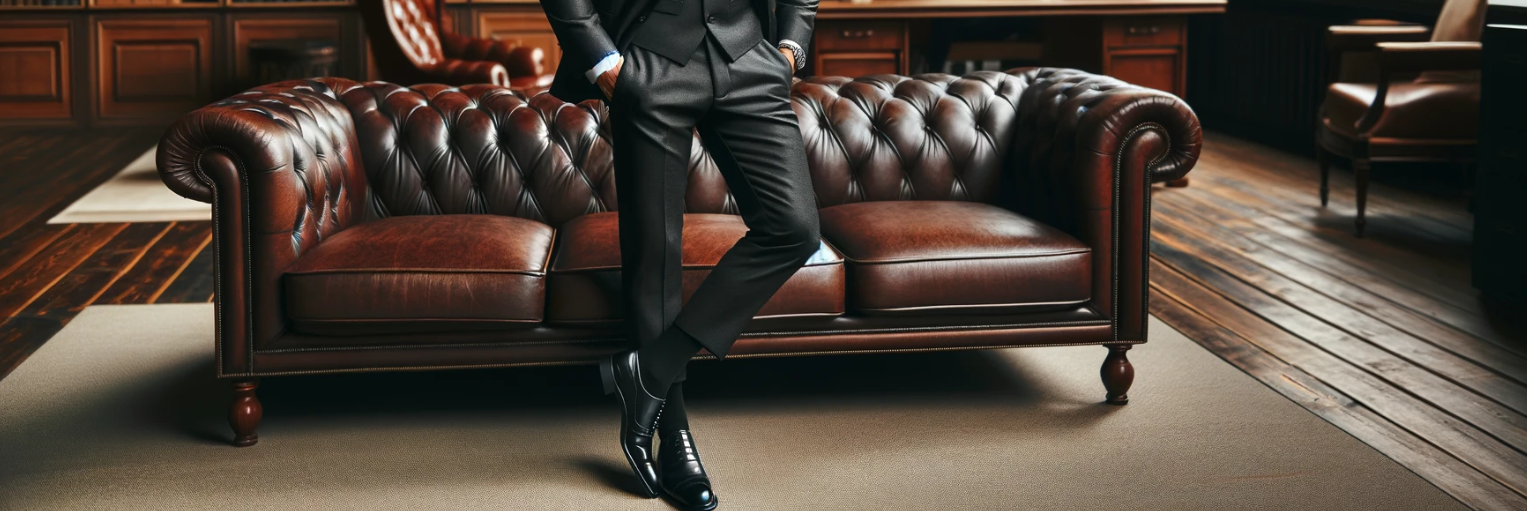
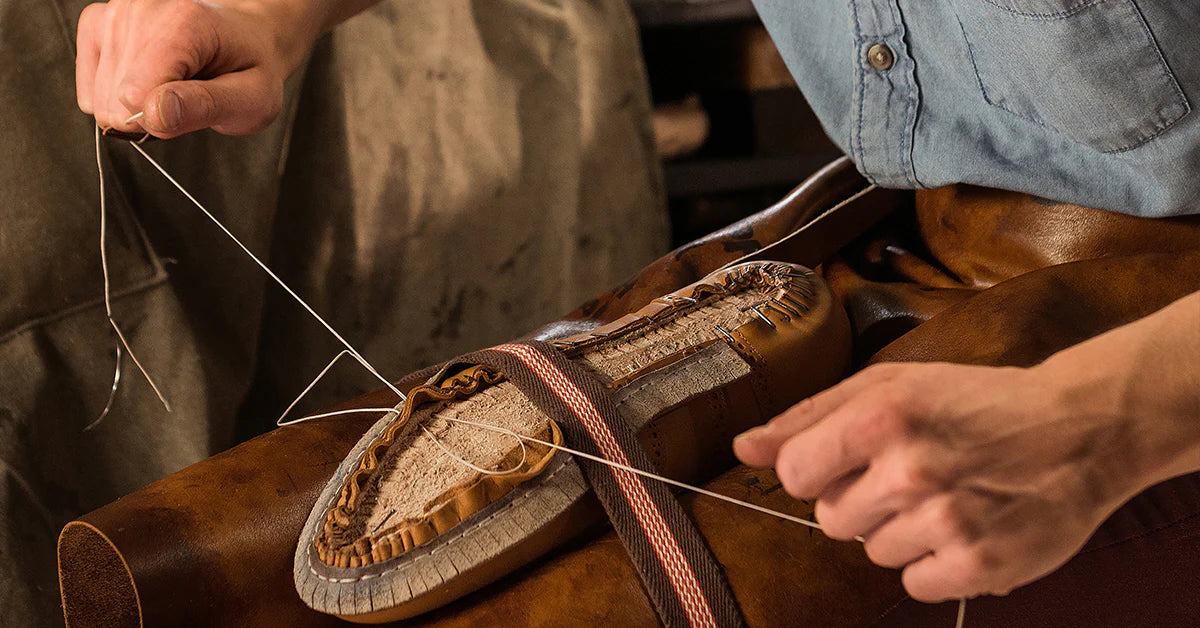
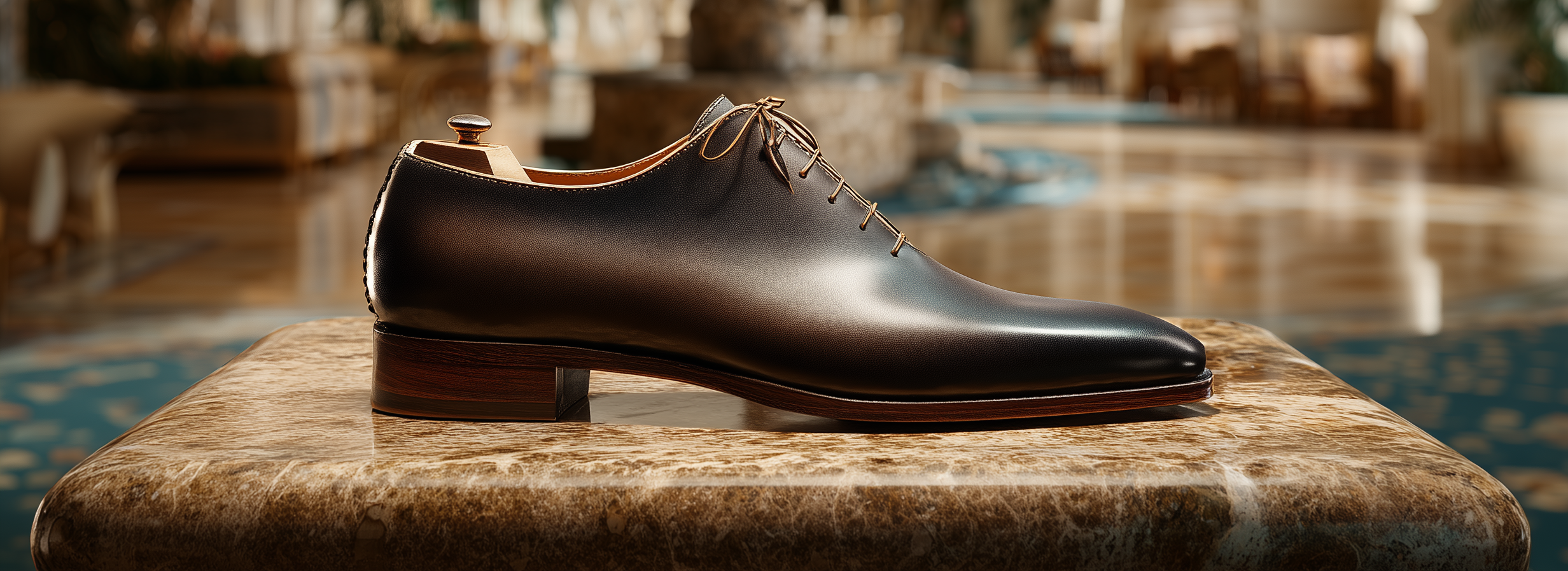

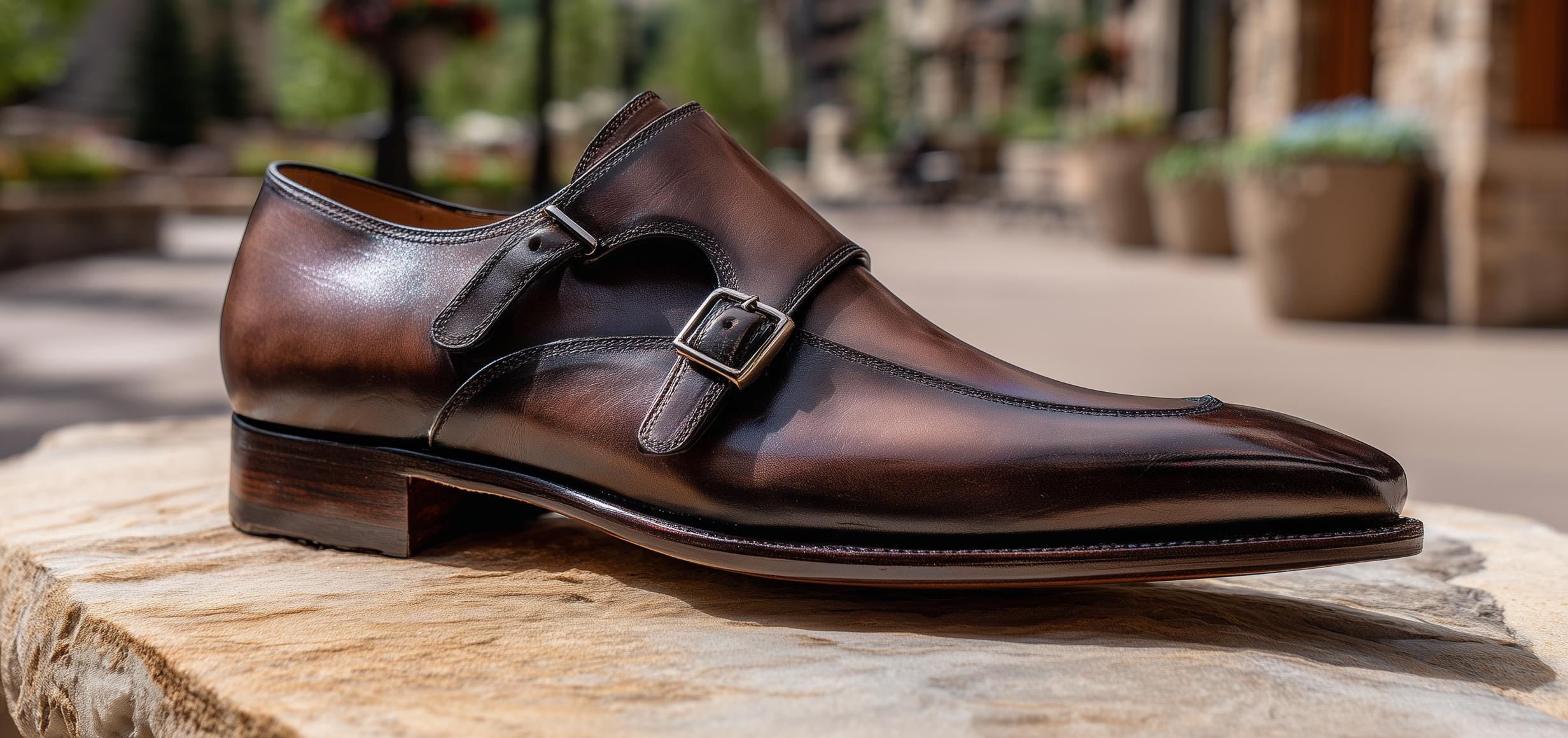
Leave a comment
This site is protected by hCaptcha and the hCaptcha Privacy Policy and Terms of Service apply.